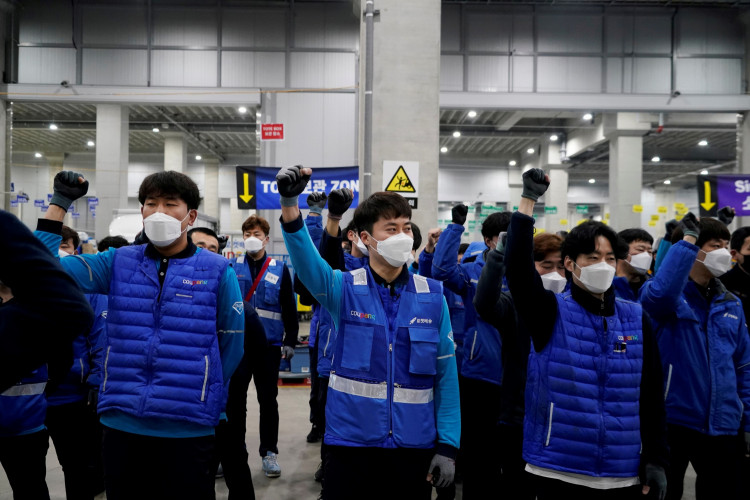Asia is no longer the epicenter of the coronavirus pandemic but cluster infections across South Korea and Singapore are threatening the supposed recovery that the region has been eyeing for weeks.
South Korea Church Clusters Threaten School Reopenings
South Korea is on its way to a third week of school reopenings but the threat of church-related COVID-19 clusters remain, prompting health authorities to call on citizens to prevent going to crowded gatherings this weekend.
Since a new church-related cluster was detected late last month in the Seoul area, authorities have been monitoring 30 small churches around Gyeonggi Province and Incheon. Cases related to the said clusters have reached 76 as of Friday.
The Korea Centers for Disease Control and Prevention (KCDC) said over half of the COVID-19 cases related to the religious facilities were secondary transmissions, further raising fears about asymptomatic cases.
Aside from the church-related clusters, there are still two other clusters that the Seoul government has been closely monitoring for potential resurgence in cases: the logistics center cluster and the Itaewon nightclub cluster.
Furthermore, asymptomatic cases are another matter that the South Korean government has to keep watch of. The KCDC estimated that around 25-35 percent of positive cases from the country's multiple clusters are asymptomatic.
South Korea Announces Country's First Clinical Trials for COVID-19
Amid South Korea's raging battle against coronavirus clusters, the International Vaccine Institute, based in Seoul, announced Thursday that it will start clinical trials for a potential COVID-19 vaccine in the country.
Dubbed as the IN0-4800, the vaccine is scheduled for the first and second phases of clinical trials by the end of June, in cooperation with the Seoul National University (SNU) Hospital.
This is the first time a COVID-19 clinical trial will take place in South Korea, marking a new trend in Asian countries potentially leading the way in coronavirus vaccine studies.
As of Friday, the country logged a total of 11,668 confirmed COVID-19 cases and 273 deaths from the fast-spreading disease.
Singapore Foreign Work Dormitory Clusters
Meanwhile in Singapore, the government continues to find ways to prevent further infections among residents of foreign work dormitories.
The city-state logged only 261 confirmed COVID-19 cases on Friday but the Ministry of Health (MOH) noted that the decline in cases may be due to the decreased swab testing.
Furthermore, 250 of the new cases on Friday were all work permit holders who are residents of foreign worker dormitories. The clusters in the said facilities are still present despite a decline in new infections from disinfection efforts.
As part of the efforts to hopefully control the spread of the virus in foreign work dormitories, the government said it is developing a wearable contact tracing device to make it easier for health authorities to trace potential infected people.
Singapore still has the lowest number of deaths linked to the coronavirus at 24. As of Friday, the city-state registered a total of 37,183 confirmed cases.
Wearable Contact Tracing Device
The wearable device is expected to help authorities keep track of people who may have had contact with people infected by COVID-19.
Singaporean foreign minister Vivian Balakrishnan said the device does not need a smartphone to operate and it can be worn on a lanyard or carried inside a bag.
The city-state already used a contact tracing app in March called TraceTogether. The said app uses Bluetooth to operate but many Singaporeans did not download the app due to its limits in use, especially for iOS and Apple users.





